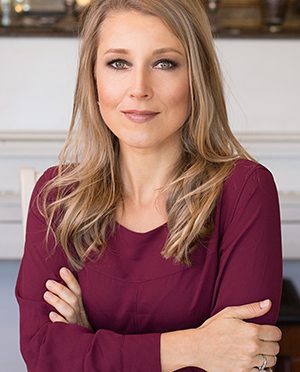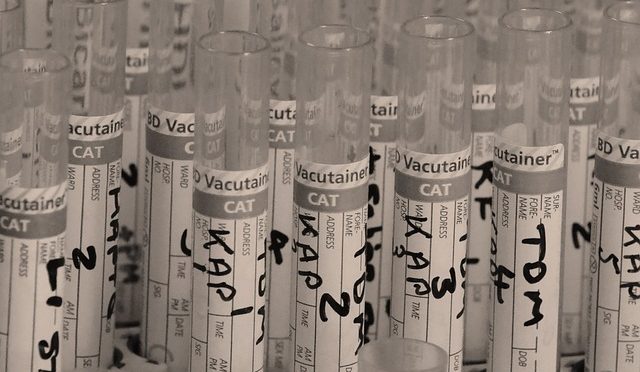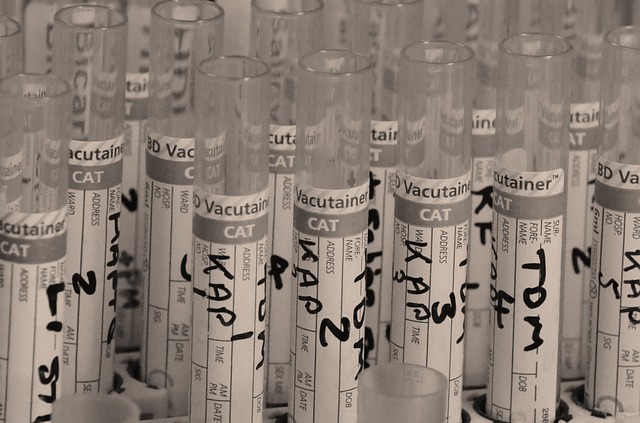Podcast: Play in new window | Download (Duration: 51:12 — 70.4MB)
Subscribe: Spotify | RSS | More


[Once again, our charitable mission is supported in this episode by CommonBond. Thank you, CommonBond!!!]
Former listener Cash commented on Facebook that he doesn’t listen any more because of our political comments. So on today’s show, Aline Sandouk, Rob Humble, Irisa Mahaparn, and Admissions Counselor Kate McKenzie help Dave process Cash’s feedback. Should medical students, physicians, and scientists express themselves on political issues or should they remain publicly neutral? Moreover, with medicine and science having become among the hottest topics in politics, is there an actual obligation to take a stand?
Buy Our Merch and Give At The Same Time
This Week in Medical News
A recent study of volunteers who had their genes sequenced, proteins mapped, biome surveyed, and blood analyzed intensively found that the dream of “personalized” medicine may just be within reach…but at what cost? Coca Cola is accused of including undisclosed kill clauses in its nutrition research agreements in case don’t like the results. And another study confirms that which women of color have three times the risk of dying during pregnancy and after compared to white women!
We Want to Hear From You
How can we help you on your med school journey? Call us at 347-SHORTCT anytime, visit our Facebook group, or email theshortcoats@gmail.com. Do all three!






 Short Coats Rob Humble and Claire Castaneda are joined by new co-hosts Mitchell Hooyer and Jeremy Sanchez to talk about their personal experiences as members of the
Short Coats Rob Humble and Claire Castaneda are joined by new co-hosts Mitchell Hooyer and Jeremy Sanchez to talk about their personal experiences as members of the 



 Remembering a recent episode in which we spoke briefly of colored test tubes, Adee writes in with a question for Hilary O’Brien, Erik Kneller, Mackenzie Walhof, and Rob Humble–what, if anything, do medical students learn about laboratory science? And we got a lot of feedback on our recent discussion of unwanted sexual attention from patients, all of it pretty good! Which is nice…thank you, listeners!
Remembering a recent episode in which we spoke briefly of colored test tubes, Adee writes in with a question for Hilary O’Brien, Erik Kneller, Mackenzie Walhof, and Rob Humble–what, if anything, do medical students learn about laboratory science? And we got a lot of feedback on our recent discussion of unwanted sexual attention from patients, all of it pretty good! Which is nice…thank you, listeners!





